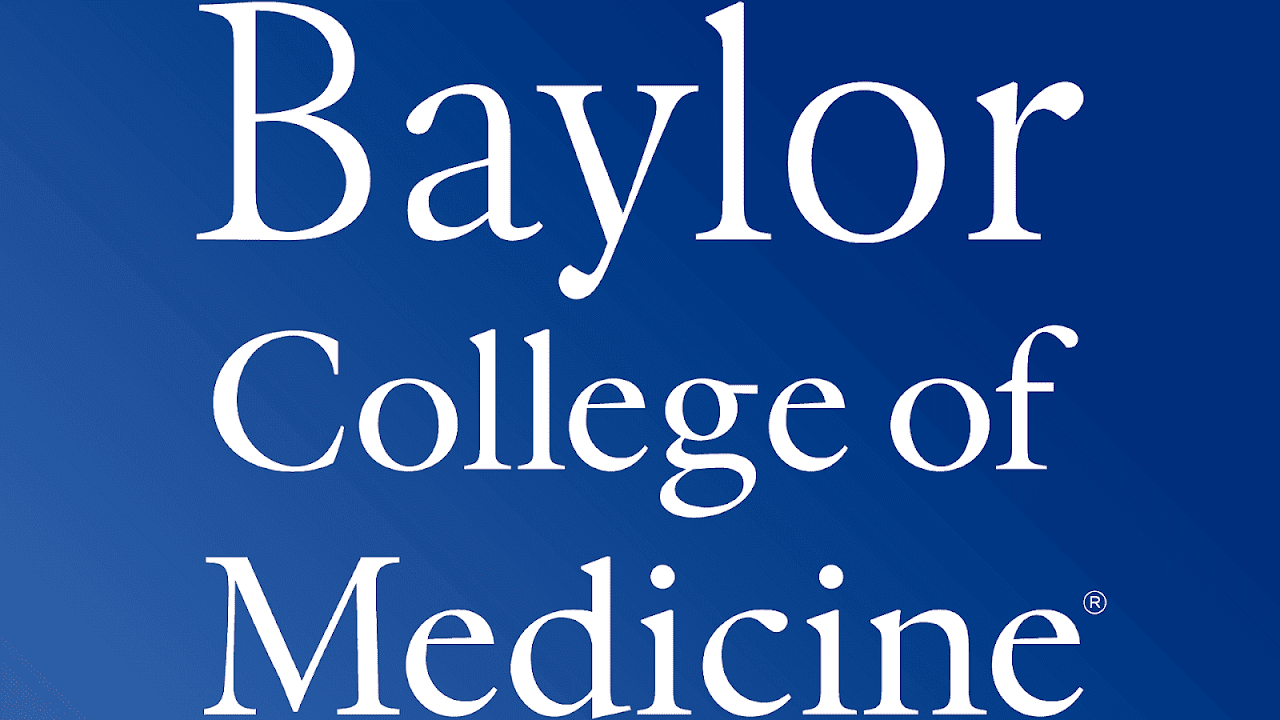
David S. Baskin is a neurosurgeon who currently works at Houston Methodist Hospital as the Vice Chairman of the Department of Neurosurgery, the Director of the Residency Training program, and the Director of the Kenneth R. Peak Brain & Pituitary Tumor Center, and is also a professor of neurosurgery at Weill Cornell Medical College.

Maps, Directions, and Place Reviews
Education
Baskin has a bachelor's degree from Swarthmore College where he graduated with high honors, and a medical degree from Mount Sinai School of Medicine. He completed his residency in neurosurgery at the University of California, San Francisco.
Baylor College Of Medicine Neurosurgery Video
Career
Baskin was formerly assistant professor of neurological surgery at Baylor College of Medicine, and was a full professor there from 1994 to 2005, when he began working at Methodist. He spent 21 years working at Baylor. He has won the American Academy of Neurosurgery award, as well as a Smith, Kline & French fellowship of the American College of Surgeons, the Wakeman Award for scientific research, and the distinguished alumni award from Mount Sinai School of Medicine. He was elected to the Society of Neurological Surgeons in 2000. In 2011, he published a clinical trial in the Journal of Clinical Oncology regarding the efficacy of a type of gene therapy for malignant glioma, the most common form of brain tumor. This trial concluded that the therapy was safe and that the survival trends were "encouraging." He became the director of the Peak Center upon its establishment in 2013, which was the result of a $10 million donation from Kenneth Peak, a Houston oil executive. In 2014, Baskin and his team have also conducted research regarding the use of nanosyringes to treat glioblastoma by filling them with anticancer drugs and releasing them into the bloodstream.
Thimerosal controversy
Baskin has conducted research in which human neurons and fibroblasts are exposed to low levels of thimerosal, and has concluded that thimerosal causes membrane and DNA damage, as well as caspase-3-dependent apoptosis. Some of this research has been funded by Autism Speaks. In addition, Baskin testified before the Committee on Government Reform that ethylmercury is possibly more toxic than methylmercury, saying, "most chemical compounds that are ethyl penetrate into cells better than methyl" and "I think at best they're equal, but it's probably highly likely that they are worse. And some of the results that we are seeing in cell culture would support that." He has conducted research that demonstrates that cells from children with autism are more sensitive to environmental toxins than cells from age and sex matched controls.
Source of the article : Wikipedia


EmoticonEmoticon